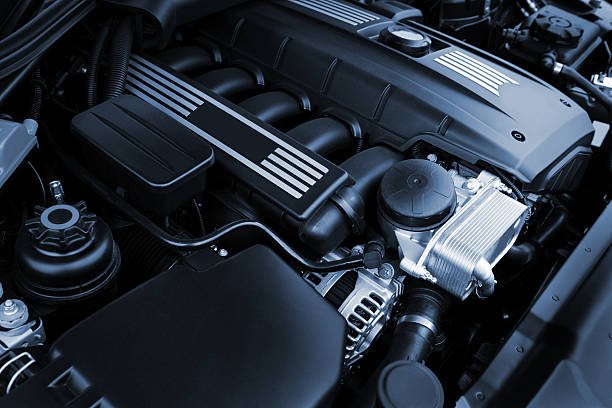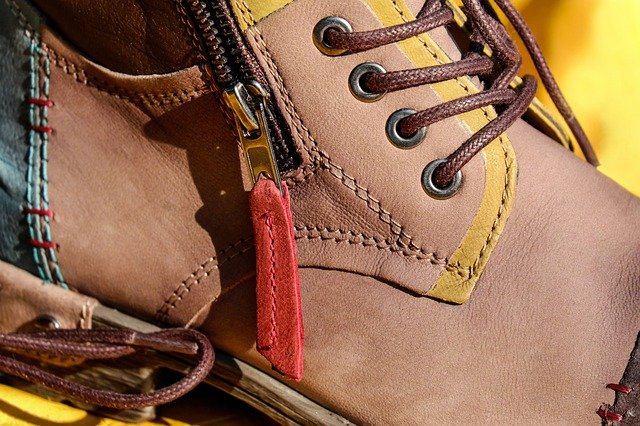Used Chevrolet Corvette Sale: Essential Guide for Buyers and Sellers
The Chevrolet Corvette stands as an iconic American sports car with a legacy spanning generations. Whether you're considering purchasing a pre-owned Corvette or preparing to sell one, understanding the nuances of different model years, market dynamics, and inspection priorities is crucial. This comprehensive guide walks you through the essential steps to ensure a successful transaction, from identifying the right model to completing the sale with confidence and security.

The Chevrolet Corvette has captivated automotive enthusiasts for decades, offering performance, style, and heritage in a distinctly American package. The used market for Corvettes presents both opportunities and challenges, as buyers seek value while sellers aim to maximize their return. Understanding the complexities of model variations, pricing trends, and inspection protocols ensures that both parties can navigate the transaction successfully.
How Do You Identify Corvette Model Years, Trims, and Key Differences?
The Corvette has evolved through eight generations, each known by its C-designation (C1 through C8). Each generation brought significant changes in design, engineering, and performance capabilities. The C3 generation (1968-1982) featured the distinctive chrome bumpers and Stingray styling, while the C4 (1984-1996) introduced modern digital instrumentation and improved handling. The C5 (1997-2004) marked a leap forward with the LS1 V8 engine and fixed headlights, followed by the C6 (2005-2013) with enhanced aerodynamics and the powerful LS3 engine.
The C7 generation (2014-2019) introduced aggressive styling and the LT1 engine, while the revolutionary C8 (2020-present) shifted to a mid-engine layout for the first time in Corvette history. Within each generation, various trims offer different performance levels. Base models provide solid performance, Z51 packages add track-focused enhancements, Grand Sport models emphasize handling, and Z06 or ZR1 variants deliver extreme power and capabilities. Understanding these distinctions helps buyers identify which Corvette best matches their needs and budget.
What Factors Influence Pricing and Current Market Value?
Corvette values fluctuate based on generation, mileage, condition, trim level, and market demand. Generally, newer generations command higher prices, though certain classic models have appreciated significantly. C5 Corvettes often represent excellent value for entry-level buyers, with prices typically ranging from reasonable to moderate depending on mileage and condition. C6 models sit in the mid-range market, while C7 Corvettes remain relatively expensive as recent models.
Special editions, limited production runs, and performance variants like Z06 or ZR1 models typically hold value better than base models. Color combinations, particularly rare factory options, can influence pricing. Mileage significantly impacts value, with lower-mileage examples commanding premiums. Market conditions, seasonal demand, and regional preferences also affect pricing. Collectors often pay premiums for specific model years with desirable features or historical significance. Researching recent sales of comparable vehicles through automotive marketplaces and valuation guides provides realistic pricing expectations.
| Model Generation | Typical Price Range | Key Considerations |
|---|---|---|
| C5 (1997-2004) | Lower to Mid-Range | Excellent value, reliable LS engines, affordable entry point |
| C6 (2005-2013) | Mid to Upper-Mid Range | Improved performance, LS3 engine, better interior quality |
| C7 (2014-2019) | Upper Range | Modern technology, LT1 engine, aggressive styling |
| C8 (2020-Present) | Premium Range | Mid-engine layout, cutting-edge performance, high demand |
| Z06/ZR1 Variants | Premium to Collector Range | Extreme performance, limited production, strong value retention |
Prices, rates, or cost estimates mentioned in this article are based on the latest available information but may change over time. Independent research is advised before making financial decisions.
What Should You Inspect for Mechanical, Body, and Frame Issues?
Thorough inspection is critical when evaluating any used Corvette. Mechanically, check for engine oil leaks, particularly around valve covers and oil pan gaskets. Listen for unusual engine noises, rough idling, or excessive exhaust smoke. Test the transmission for smooth shifting in manual models or proper gear engagement in automatics. Inspect suspension components for wear, including bushings, ball joints, and shock absorbers. Brake systems should show even wear with no pulsation or unusual noises.
Corvettes, particularly older generations, can experience body and frame issues. Fiberglass body panels may show cracks, stress fractures, or previous repair work. Check panel gaps for uniformity, which indicates proper alignment and absence of accident damage. Examine the frame, especially on C4 and earlier models, for rust or corrosion, particularly in areas exposed to road salt. C5 and C6 models may develop issues with hydroformed frame rails. Inspect the undercarriage thoroughly for signs of damage, rust, or previous repairs. Convertible models require additional scrutiny of the top mechanism, seals, and potential water intrusion.
How Do You Verify Ownership, VIN History, and Maintenance Records?
Verifying the vehicle’s history protects buyers from potential fraud, undisclosed damage, or ownership complications. Obtain the Vehicle Identification Number (VIN) and run a comprehensive history report through reputable services. These reports reveal accident history, title status, odometer readings, and previous ownership. Ensure the title is clean, without salvage, rebuilt, or flood designations. Match the VIN on the title, dashboard, and door jamb to confirm authenticity.
Request complete maintenance records to verify regular service and identify potential recurring issues. Documentation of oil changes, major repairs, and part replacements demonstrates proper care. For performance models, inquire about track use, as excessive track time can accelerate wear. Original window stickers, build sheets, and dealer documentation add value and authenticity, particularly for collectible models. Contact previous owners if possible to gain insights into the vehicle’s history and any known issues.
What Are Best Practices to Negotiate, Finance, and Complete the Sale Safely?
Successful negotiation begins with thorough research and realistic pricing expectations. Armed with market data and inspection findings, buyers can make informed offers that reflect the vehicle’s true condition and value. Identify any issues discovered during inspection as negotiation points. Sellers should be prepared to justify their asking price with documentation, maintenance records, and comparable sales data.
Financing options for used Corvettes include traditional auto loans, credit union financing, and specialized collector car loans for older or rare models. Compare interest rates, terms, and conditions across multiple lenders. Pre-approval strengthens negotiating position and streamlines the purchase process. For private sales, arrange payment through secure methods such as cashier’s checks, verified wire transfers, or escrow services for high-value transactions. Avoid personal checks or cash for large amounts.
Complete all paperwork accurately, including bill of sale, title transfer, and any required state documentation. Both parties should retain copies of all documents. Verify that liens are satisfied before completing the purchase. Consider having a qualified mechanic perform a pre-purchase inspection, particularly for high-value or rare models. Arrange for appropriate insurance coverage before taking possession. For sellers, remove personal property, cancel insurance, and notify the DMV of the sale to avoid future liability.
Buying or selling a used Chevrolet Corvette represents a significant transaction that rewards careful preparation and due diligence. Understanding model differences, conducting thorough inspections, verifying history, and following proper transaction procedures ensures a successful outcome. Whether acquiring your dream sports car or passing it to a new enthusiast, these essential steps protect your interests and facilitate a smooth, secure transaction. The Corvette’s enduring appeal and strong community support make it a rewarding ownership experience when approached with knowledge and care.




